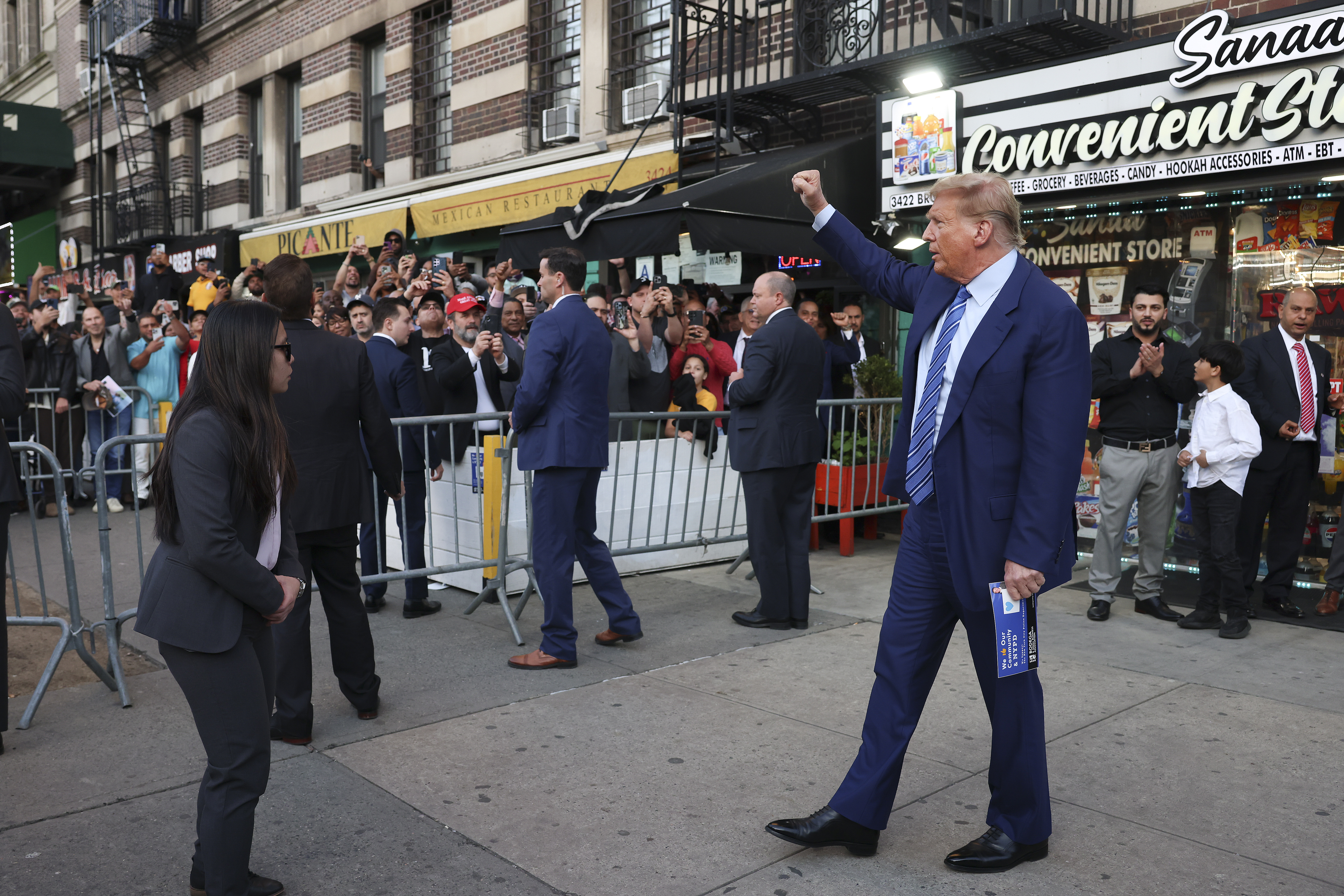Paroled American Lori Berenson, who stirred international controversy when she was convicted of aiding Peruvian guerrillas, has arrived at her parents New York City apartment in her first visit home since Peruvian authorities arrested her in 1995.
Berenson, 42, did not speak to reporters at the Newark airport as she and her 2-year-old son were escorted by police to a car with New York plates. They were joined by Berenson's mother, and the boy looked with wonderment at the gaggle of reporters and flashing cameras.
Earlier, Berenson's mother, Rhoda Berenson, clutched a Bloomingdale's bag containing a winter coat for her grandson as she awaited her daughter's arrival.
"We are looking forward to the first holiday at home in a long, long time, and many relatives who haven't met Salvador are excited to see him," she said, speaking of her grandson. "This is not a political time; this is a time for family, friends and holidays.
Lori Berenson arrived later Tuesday morning at her parents' Manhattan apartment.
Berenson was arrested leaving Peru's Congress and accused of helping plan its armed takeover, which never happened. She admitted helping the Tupac Amaru rebel group rent a safe house where authorities seized a cache of weapons after a shootout. But she has insisted she didn't know guns were stored there and said never joined the group.
She served 15 years on an accomplice-to-terrorism conviction before being paroled last year. She needed Peruvian court approval to spend the holidays with her family in New York City and must return to Peru by Jan. 11.
Local
Berenson boarded a Continental Airlines flight at Lima's main airport Monday under intense media scrutiny, as many in Peru wonder whether she will come back as required.
Wearing a black turtleneck, black jeans and designer eyeglasses, Berenson told an Associated Press reporter while waiting for her flight that she intended to return to Peru. Berenson was accompanied by a U.S. Embassy employee.
"I just hope we don't get caught in a snowstorm," she said, joking that such an occurrence in the U.S. would delay her return.
She refused to grant an in-flight interview to an AP reporter who was also on the plane.
Berenson's departure capped three days of confusion after Peruvian authorities prevented her from boarding a flight to New York on Friday despite court permission. Authorities said Berenson lacked an additional document. Peruvian officials finally gave her another document Monday clearing her to leave the country.
Her father, Mark Berenson, said Monday that his daughter was looking forward to introducing her son to Hanukkah traditions and showing the boy around New York City. He said the toddler loves trees and snow, two things he hasn't seen much of in Peru.
Berenson's father said his daughter has every intention of returning to Peru. By law, she must remain in Peru until her full sentence lapses unless President Ollanta Humala decides to commute it.
Anibal Apari, Berenson's lawyer, is Salvador's father. He is amicably separated from Berenson, whom he met in prison.
Peru remains deeply scarred from its 1980-2000 conflict, which claimed some 70,000 lives.
Its gaping inequalities drew the young Berenson to Peru from El Salvador, where she had worked for the country's top rebel commander during negotiations that led to a 1992 peace accord.
Tupac Amaru was a lesser player in Peru's conflict and Berenson sought it out, she told the AP in an interview last year, because it was similar to other revolutionary movements in Latin America.
The group never set off car bombs or engaged in the merciless slaughter of thousands as Shining Path rebels did, but it did engage in kidnappings and selective killings. In the 1980s, it was known for hijacking grocery trucks and distributing food to the poor.
The group most famously raided the Japanese embassy in Peru in 1996 during a party and held 72 hostages for more than four months. A government raid killed all the rebel hostage takers.
Berenson was initially unrepentant after her arrest, but prison life softened her. She was praised as a model prisoner in the report that supported her parole.
Some Peruvians still consider her a terrorist. She had been insulted in the street, and the news media have mobbed her.



